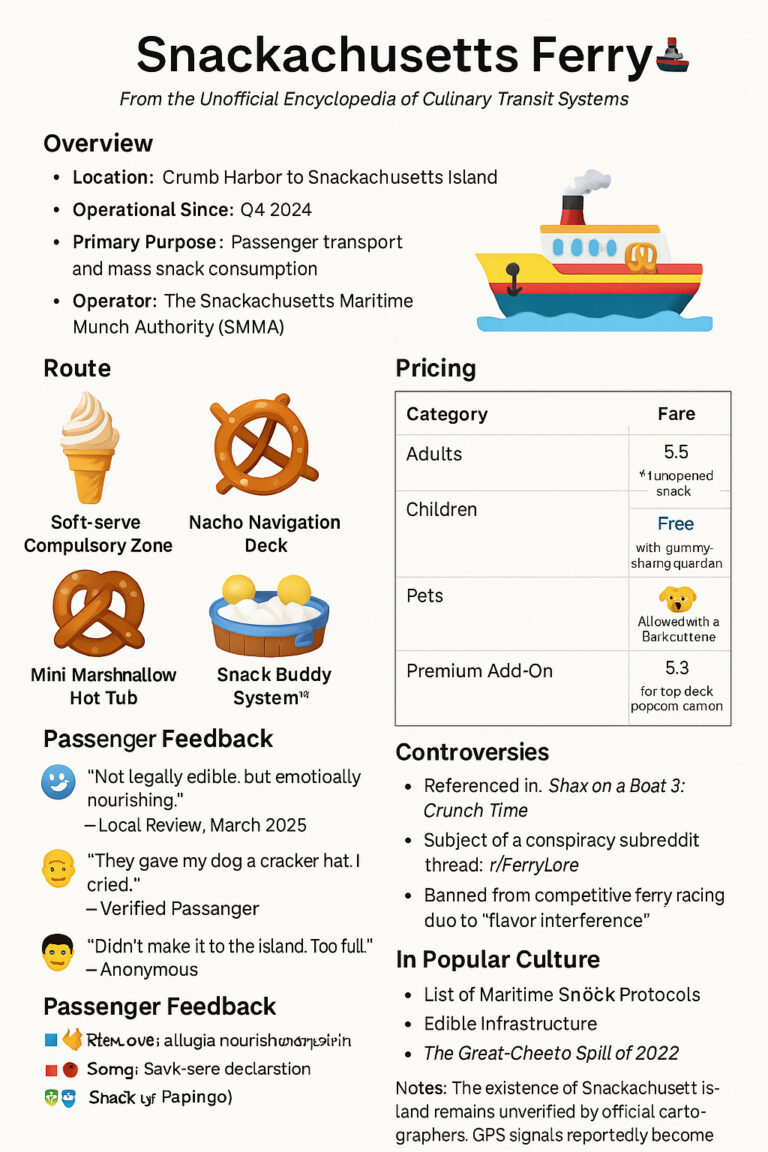Buying a new car or your own home is a massive investment. In fact, it’s likely one of the biggest purchases you’ll ever make. Most people don’t buy a new car or home outright, though—they find a lender to offer a car loan or a home loan (otherwise known as a mortgage loan). If you are a prospective homeowner or a car owner who will also be a borrower, your plight is common. That being said, with so many mortgage loan options and car loan options out there, it can be tough to know how to start parsing information to make an educated choice. Before you head to a local dealership (such as a car dealership in Enfield, CT, or Springfield, MA), you need as much information as possible.
It’s important to know that a proper appraisal of different loan options is possible. Also, the practical steps you, the borrower, can do to put yourself in the best place to take advantage of everything a lender can offer you. If this is your first mortgage or your first time heading to a dealership to pick out new wheels, read on for some tips about how to pick the best new loan for your specific circumstances.
1. Get your finances in the best shape possible.
When you’re looking for the best possible mortgage loan or car loan, the first step is to make sure that the most options are even available to you. With a lousy credit score and a low down payment, you won’t get good offers from lenders when it comes to interest rates over the life of the loan and overall loan terms. So, if you know that you’re going to be a homeowner in the next few years, you should be fixing up your credit report and saving for a down payment (usually around 20 percent of the full price of a new home) now.
As you’re budgeting and figuring out finances, take an inventory of the monthly payments you’re already making to utilities, subscriptions, and the like. Can you lower these? Can you spend less on accessories or entertainment? Can you pay off some credit cards to boost your credit score? Remember, all costs you’re able to save can go into a savings account. This may mean a few fewer streaming services or buying generic instead of brand name products in the shorter term. This will mean that you may score a lower interest rate on your new mortgage in the longer term.
2. Use an online calculator.
Using a calculator is key for getting a lower rate on a new mortgage or any other loan. Many prospective cars and homeowners forget to take lots of components into consideration—appraisal fees, closing costs, and application fees. Even if homeowners think about all of these, they may not think of how a fixed-rate loan will affect their monthly budget instead of an adjustable-rate home loan. If you use a calculator to think ahead about average closing costs and how the loan balance will change with the added interest rates, you’ll be smarter and savvier when you talk to a mortgage lender.
Nevertheless, you should know that refinancing is also always a possibility for borrowers with shifting financial circumstances. Of course, refinancing comes with home refinance costs, too, but it may still behoove you to look into this option. Maybe your original mortgage was an adjustable rate—an option that comes with a lower interest rate up front but has an interest rate that moves with the market. Now you’re looking at your budget and thinking that the constant change in mortgage payment amounts is too stressful. Contact your mortgage broker and see about taking your current mortgage and refinancing it. Even if you do your due diligence upfront, the truth is that life takes unexpected turns. Sometimes that means that the hassle of a refinance is worth it.
3. Take the long view.
Any loan is a longer-term commitment. You can cancel your Netflix subscription at a moment’s notice or change your barber without giving it too much thought, but you can’t get out of the loan you used to buy a Honda SUV without messing up your credit report a lot. This is why you want to think about the whole life of your loan before signing any documents. You may not have a solid five-year plan, but try to figure out a general idea of where you’ll be in five or 10 years. Get the best deal for your current self, but also the best deal for your future self.
The term of your loan may-be 15 or 30 years. If you’re planning on selling all of your belongings in two years to travel the world, making a commitment on a mortgage offer is probably not a great idea. On the other hand, if you’re planning on settling down and buying a cargo management system for your Honda, you can commit to a longer-term mortgage. With a longer term, you may get a lower interest rate and a lower monthly payment. Take stock of your life plans and include them in your calculation.




